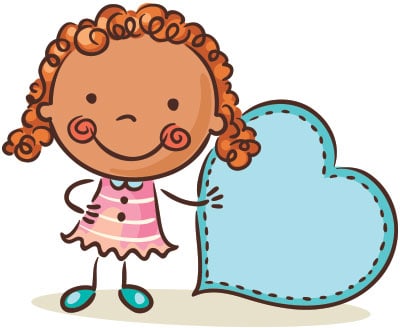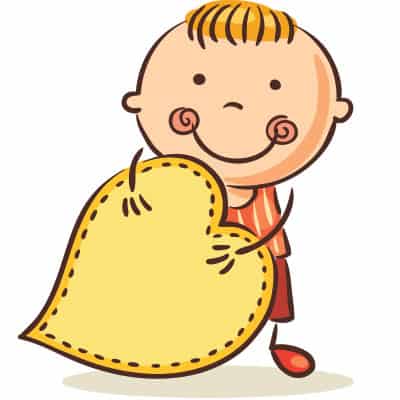Children and High Cholesterol
Is Your Child At Risk?
February is American Heart Month – high cholesterol and heart disease doesn’t just affect adults.

Cholesterol is a type of fat found in your blood. Your child’s body needs this fat to produce hormones, Vitamin D, and to digest foods; their body makes all the cholesterol it needs. Cholesterol also is found in some of the foods that your child eats. When cholesterol levels are excessive in the blood, over time they can lead to clogging of arteries and thereby stroke and heart disease.
The American Academy of Pediatrics (AAP) recommends all children between 9 and 11 years old are screened for high blood cholesterol levels due to the growing epidemic of obesity in children.
In children ages 2-10, the AAP recommends screening if they have the following history:
- Parents or grandparents have had heart attacks or have been diagnosed with blocked arteries or disease affecting the blood vessels, such as stroke, at age 55 or earlier in men, or 65 or earlier in women
- Parents or grandparents have total blood cholesterol levels of 240 mg/dL or higher
- Adopted children whose biological family history is unknown
- Body Mass Index (BMI) ≥ 85th percentile
- Hypertension
- Diabetes mellitus
- Kidney Disease
- Liver Disease
- Hypothyroidism (Underactive thyroid gland)
- Cigarette smoking (nearly 5% of children have reported trying their first cigarette before age 10)
When your child is being screened for high cholesterol, the common tests performed in the blood are:
- Total Cholesterol Level
- LDL (Low Density Lipoprotein) – also known as “Bad fat”. It is one form in which cholesterol travels through the body. When the LDL becomes too high, it can combine with other fats and substances in the body and lead to a buildup of cholesterol in the arteries. The arteries are the blood vessels through which blood travels from the heart to the rest of the body.
- HDL (High Density Lipoprotein)- also known as “good fat”. It carries cholesterol from other parts of the body to the liver, and the liver removes the cholesterol from the body.
- Triglycerides- the most common type of fat in the body. These fats are produced by the body and are also found in food. Your body converts any calories it doesn’t need to use right away into triglycerides. The triglycerides are stored in your fat cells, and released for energy between meals. If your child regularly eats more calories than they burn, they may have high triglycerides.
 Prevention and Treatment
Prevention and Treatment
Most children’s cholesterol levels can be kept in a normal range with lifestyle modifications. If your child’s cholesterol levels are elevated, your physician will repeat the tests after 3-6 months. Your child’s physician may refer you to a specialist if they have an inheritable condition called Familial Hypercholesterolemia.
So, how can you prevent your child from developing abnormally high cholesterol levels?
- Kids need at least 60 minutes of aerobic exercise daily
- High blood pressure and Diabetes should be treated and followed up regularly
- Limit your child’s screen time – use of a TV, computer, cell phone, or game station to no more than 1 to 2 hours a day. You can set a good example AND improve your own heart health by limiting your own screen time, too.
- Eat 4 to 5 servings of fruits and vegetables daily
- Smoking cessation
- Incorporate more of the following foods in your family’s diet
- Whole grains, such as oatmeal, oat bran and whole-wheat products
- Nuts, such as walnuts, almonds and brazil nuts
- Olive oil
- Fish and fish oil supplements
- Flaxseed meal and oil
Avoid the following foods in your family’s diet
- Cookies, chips, and crackers
- Doughnuts
- Fried foods, i.e. Onion rings and french fries
- Cheeses high in saturated fat – opt for skim mozzarella and low-fat cheddar cheese instead
Dr. Abha Sharma MD, IBCLC is a Board Certified Pediatrician and Lactation Consultant. She practices and resides in Southern California with her husband and toddler daughter. Her interests are healthy living and eating, reading fashion and lifestyle magazines, and of course, all things lactation.

 Prevention and Treatment
Prevention and Treatment









